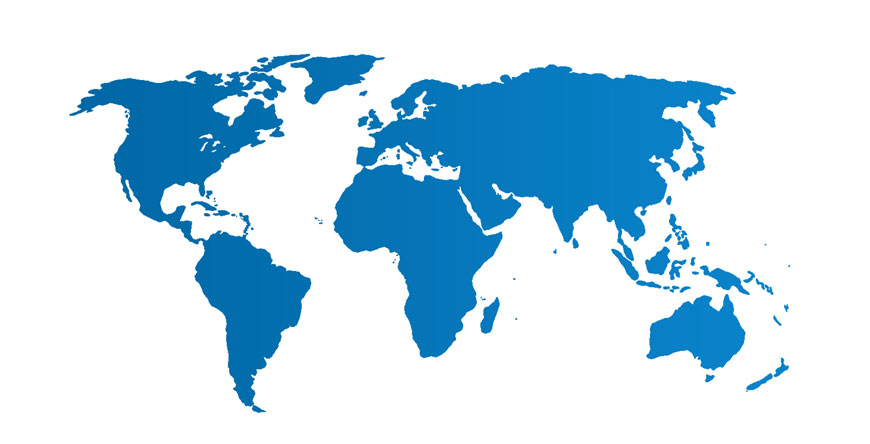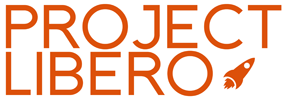 I guess I was one of the few people in the audience to raise my hand when Katherine Sleeman asked us who wanted to die. (I should explain for the avoidance of doubt that I didn’t mean imminently, just eventually). However that question was typical of the frank and provocative nature of Katherine’s talk. Her opening gambit? That despite all the advances in modern medicine the mortality rate of humanity across the world stubbornly refused to shift from 100% so it was best we start talking about death.
I guess I was one of the few people in the audience to raise my hand when Katherine Sleeman asked us who wanted to die. (I should explain for the avoidance of doubt that I didn’t mean imminently, just eventually). However that question was typical of the frank and provocative nature of Katherine’s talk. Her opening gambit? That despite all the advances in modern medicine the mortality rate of humanity across the world stubbornly refused to shift from 100% so it was best we start talking about death.
She went on to speak movingly about her work in palliative care. For many their understanding of palliative care comes from the excellent book by Bronnie Ware – “The top five regrets of the dying”, indeed I use her book in some of the resilience training that I deliver. However Katherine wanted to talk not about regret or living a better life prior to death but rather about the quality of our death.
It was her contention that advances in modern medicine had made death more complicated as surgeons and doctors sought to stave off the inevitable. She also spoke about how this had removed death from our day to day lives and homes, moving it inside hospitals, making it invisible and somehow remote. She talked about how we have evolved a whole litany of expressions to soften the blow when actually what we mean is “You’re going to die”.
This sounds like it was hard hitting stuff but the reality was that Katherine was engaging and thought provoking. In all honesty I think I was ready to hear this message. Not just because of the work I do in emotional health and wellbeing (don’t get me started on the death rates / life expectancy of those with mental ill-health) but also because of a book I read recently. “The Timekeeper” by Mitch Albom is a meditation on mortality, death and the importance of using time wisely. What I heard from Katherine was that some of our time could be spent preparing better for death. We could and should make efforts to remove the taboos around end of life care, that maybe we might accept medical interventions are not always the best answer and instead allow people to die with dignity.
This is the last in my mini series of blog posts about the Imagine Medicine event I attended over Easter. The content has not been my normal fare and I hope that you’ve enjoyed the change. I found the event stimulating and thought provoking. It was hard choosing which talks to report on and an honourable mention goes to Sarah-Jayne Blakemore’s truly innovative approach to showing us the adolescent mind. I couldn’t do it justice on the page so perhaps once the videos of the event are placed online I will do another post and share it then.
